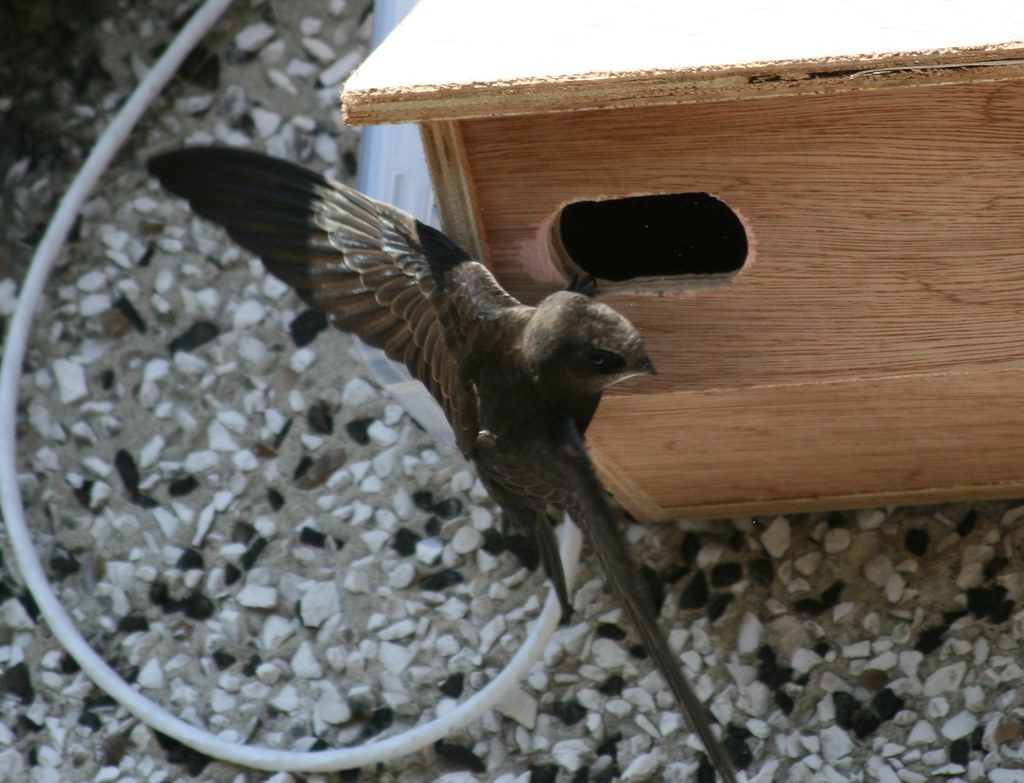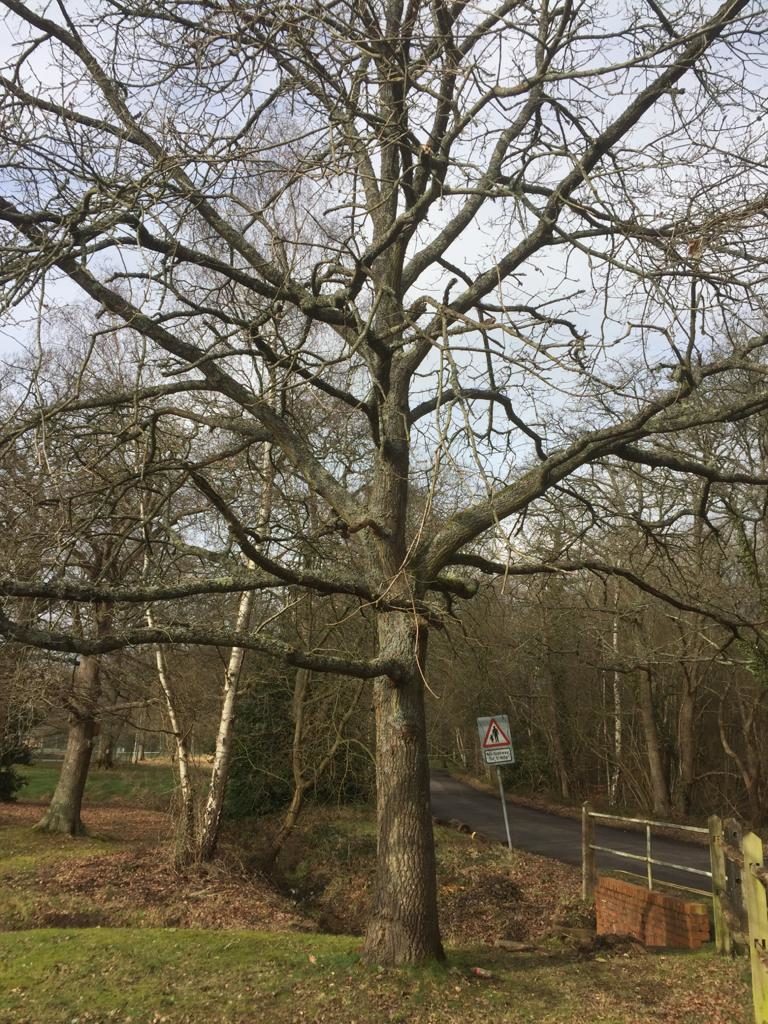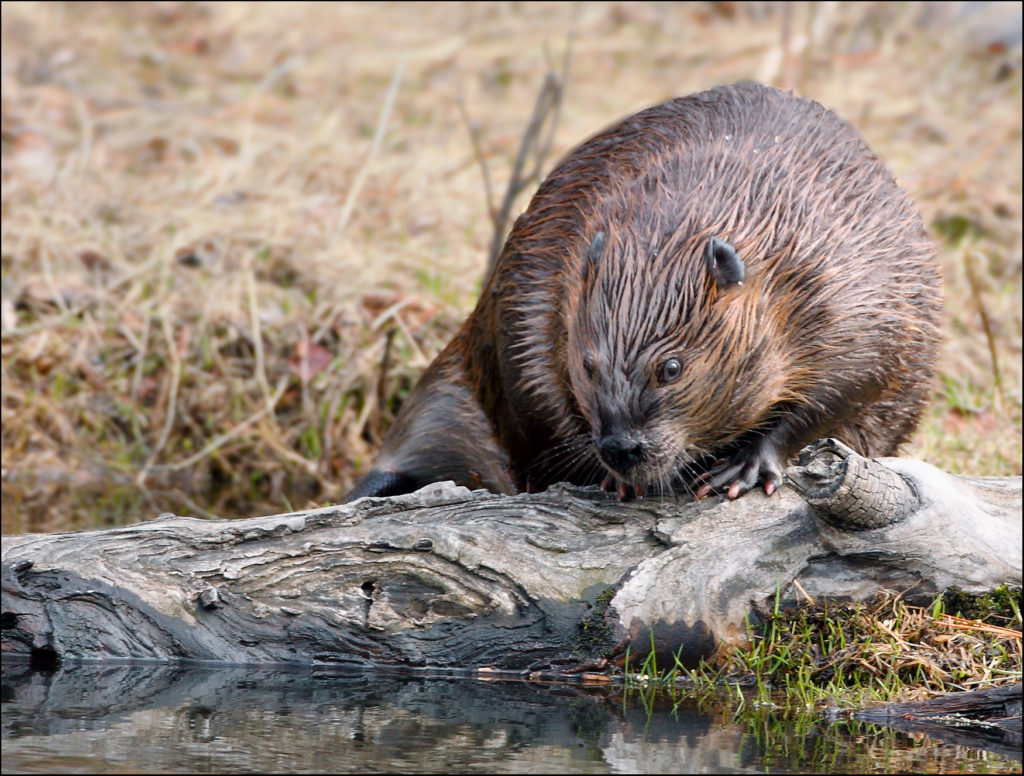The BBC report habitats of endangered ground-nesting birds are being increasingly threatened by recreation in the New Forest, conservationists have warned. Prof Russell Wynn of Wild New Forest said populations of both curlew and lapwing have more than halved in the last two decades. Signposts have been put in place to warn visitors of “red areas” known to have nesting populations. Forestry England said the birds were “under real threat”.
Monthly Archives: March 2022
Orchards vanishing from the landscape, says National Trust
The BBC reports orchards are vanishing from the landscape with an area the size of the Isle of Wight lost since 1900, according to research carried out by the National Trust. The disappearance of more than half of orchards across England and Wales is having an impact on flora and fauna, the organisation said. Orchards have been torn down to make way for houses and farming.
How to help swifts by installing a bird nest box as energy efficient homes damage breeding hopes

i News reports homeowners renovating period properties are inadvertently destroying nesting sites for endangered birds in a quest to make their homes more energy efficient, conservationists have warned. Swifts usually nest in holes near the roofs of properties, but renovation work is plugging these gaps and making it more difficult for the birds to breed.
Anger after raw sewage pumped into Cotswolds rivers
ITV News reports councillors in the Cotswolds have reacted angrily after yet more raw sewage was pumped into local rivers.
Why rebirding is the new rewilding
The Telegraph reports our migratory birds are in decline – but a new campaign aims to lure them back.
The UK has vital species that can restore nature and ‘help save the world’, from oak trees to lob worms

I News reports conservation groups unite to highlight the role Britain’s plants and animals can play in restoring nature, ahead of crucial COP15 global biodiversity summit.
National Trust creates Northumberland ‘ark’ to protect endangered crayfish
The Guardian reports trust creates refuge for white-clawed crayfish in old cattle drinking hole on Wallington estate near Morpeth.
Beavers make a splash with return to London after more than four centuries

ITV News and The Independent report beavers have been reintroduced to London for the first time in more than 400 years to help restore natural habitat and reduce the risk of flooding in the city.
The long-lost beasts whose return would boost Britain’s biodiversity
The Times reports many years ago they vanished from our shores, Ben Cooke and Katherine Fidler write. Now there is renewed hope for four species whose benefits range from fortifying river banks and keeping problematic populations under control to creating new habitats for others. Other interesting articles about the UK and abroad in the Times Earth: A Wilder World series
‘Dangerous’ weeds good for bees and diversity, say scientists
The Times reports five species of wildflower native to Britain are officially classed as injurious under the 1959 Weeds Act, meaning that they are considered able to cause harm and landowners can be ordered to control their spread. However, a study has found that three of the weeds — ragwort (Jacobaea vulgaris) and two types of thistle (Cirsium arvense and C. vulgare) — are enormously popular with bees and other insects.
